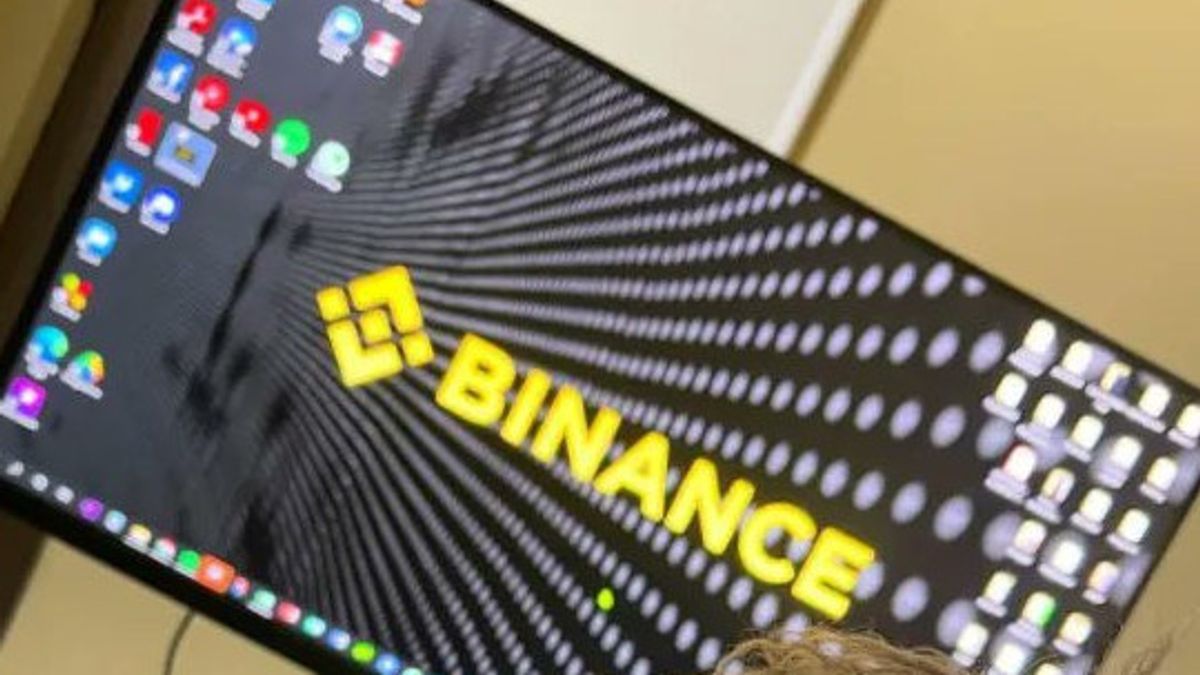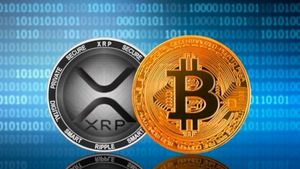JAKARTA - Binance, the world's largest cryptocurrency exchange in terms of trading volume, has received in-principle approval to operate in Abu Dhabi. This marks his third regulatory approval in the Middle East region after Bahrain and Dubai.
The in-principle approval from Abu Dhabi Global Markets (ADGM) allows Binance to operate as a broker-dealer in digital assets including cryptocurrencies which marks another milestone for the crypto exchange, allowing it to operate as a fully licensed company.
ADGM serves as an international financial free zone in the capital city of the United Arab Emirates, which has historically played an important role in regulatory oversight and oversight of the financial services provided within its jurisdiction.
“IPA is part of Binance's plan to establish itself as a fully regulated virtual asset service provider in an internationally recognized and well-regulated financial center,” said a source at ADGM as quoted by Cointelegraph.
ADGM also shared its intention to provide similar regulatory approvals for local and global crypto companies to better position Abu Dhabi as a “virtual asset hub and fast-growing digital economy.”
Dhaher bin Dhaher, CEO of ADGM, also welcomed the move, pledging to help Binance's efforts to establish their presence in Abu Dhabi.
SEE ALSO:
In addition to Binance, leading crypto exchange FTX has previously been licensed to operate in Dubai, the second-largest city in the UAE after Abu Dhabi.
On March 22, ADGM published a consulting paper, proposing that ADGM-licensed companies would be allowed to facilitate NFT trade in the jurisdiction.
As Cointelegraph highlighted, the chief free zone regulator, the Financial Services Regulatory Authority (FSRA), described NFTs in ADGM's consulting paper as intellectual property rather than “a specific investment or financial instrument.”
However, the NFT trade allowance will most likely require licensed companies to comply with the Anti-Money Laundering (AML) Rules and ADGM Sanctions.
The English, Chinese, Japanese, Arabic, and French versions are automatically generated by the AI. So there may still be inaccuracies in translating, please always see Indonesian as our main language. (system supported by DigitalSiber.id)















